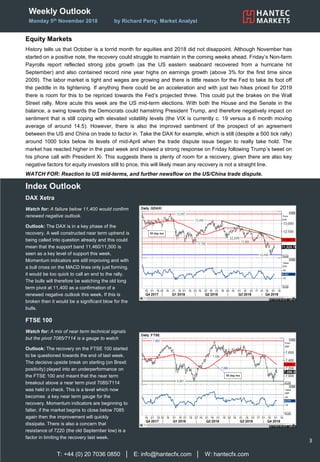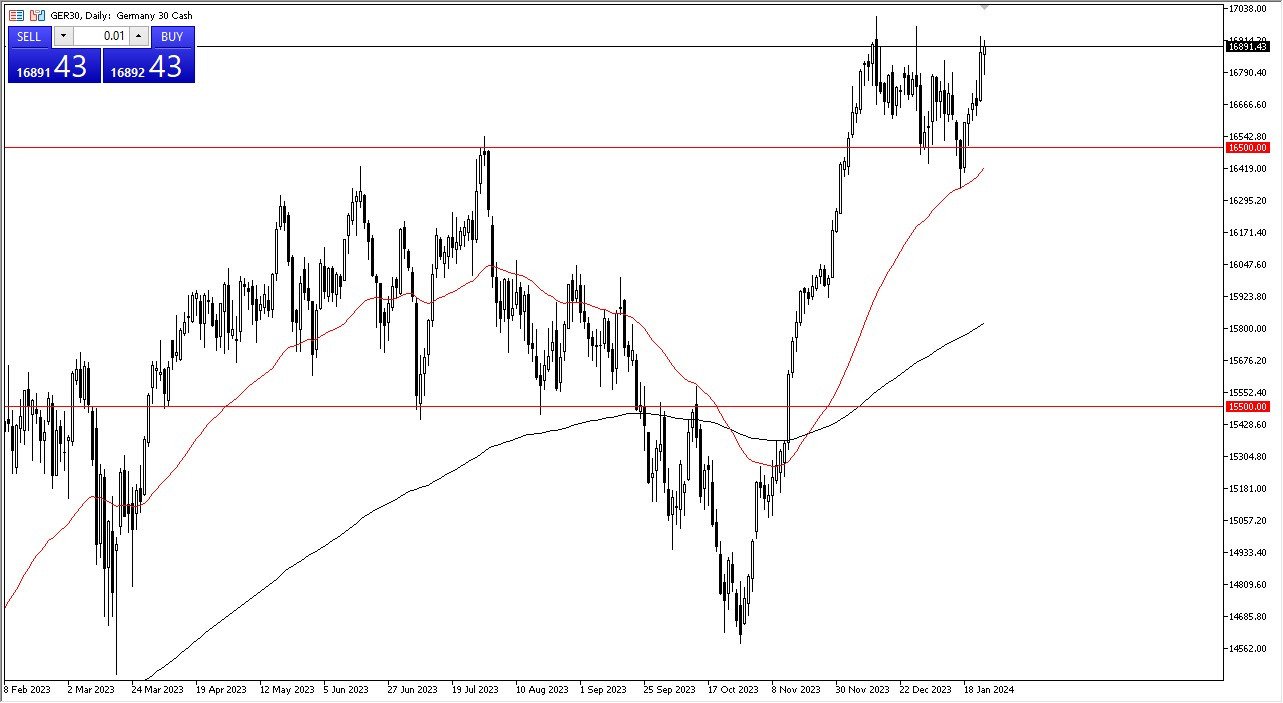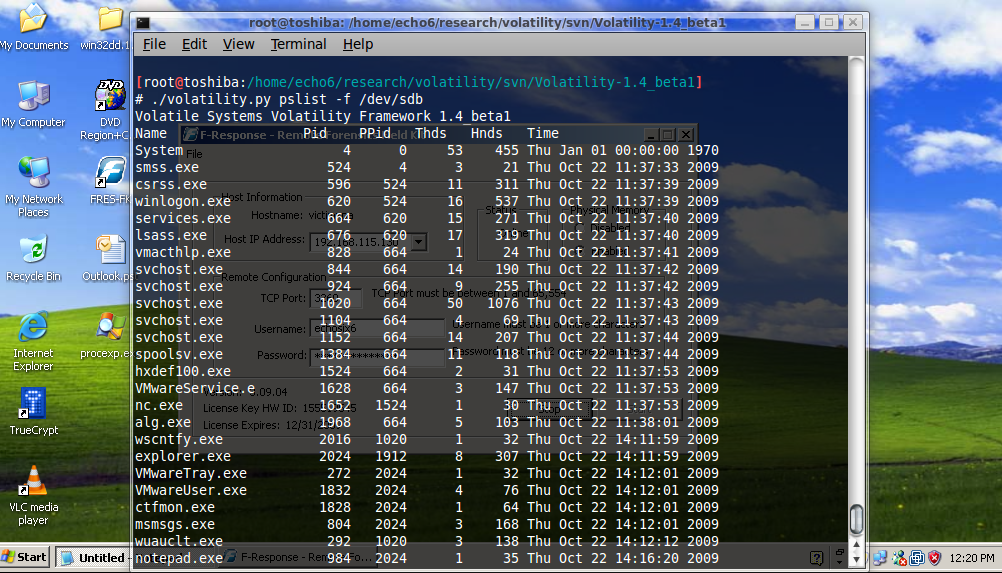Dax Volatility: Understanding The Impact Of Elections And Key Business Figures

Table of Contents
The Influence of Elections on Dax Volatility
Elections in Germany, like in any other major economy, introduce a period of uncertainty that significantly impacts investor confidence and, consequently, market fluctuations. This heightened Dax volatility is often observed both before and after the election itself.
Political Uncertainty and Market Reactions
The inherent uncertainty surrounding election outcomes directly affects investor sentiment. Several factors contribute to this:
- Increased volatility before and after elections: The period leading up to an election, and the immediate aftermath, typically sees increased trading activity and price swings as investors react to polls, campaign promises, and the eventual results. This creates a higher degree of risk and potential for both gains and losses.
- Potential policy changes affecting various sectors: Different political parties often have vastly different policy agendas. These proposed changes, whether concerning taxation, environmental regulations, or social welfare programs, create uncertainty about the future profitability of various sectors within the DAX.
- Impact of coalition negotiations on market sentiment: In Germany's multi-party system, coalition negotiations following an election can be lengthy and unpredictable, further prolonging the period of uncertainty and impacting market sentiment. The composition of the resulting government significantly affects policy direction and investor confidence.
- Examples of past election cycles and their effect on the DAX: Analyzing historical data from previous German federal elections reveals clear correlations between election cycles and subsequent DAX volatility. Studying these patterns can provide valuable insights for future investment strategies. For instance, the 2017 election saw a period of relative stability following the initial results, while the 2005 election resulted in more pronounced market fluctuations during the coalition formation process.
Specific Policy Proposals and their Market Impact
Specific policy proposals from different political parties can have a significant and often sector-specific impact on the DAX.
- Examples: Tax policies, environmental regulations, and social welfare programs: Changes to corporate tax rates, stricter environmental regulations impacting the automotive industry, or shifts in social welfare spending can directly influence the profitability and stock prices of DAX-listed companies.
- Analyzing sector-specific impacts (e.g., automotive, energy): The automotive industry, a major component of the DAX, is particularly sensitive to environmental regulations. Similarly, the energy sector is impacted by policies related to renewable energy and fossil fuels.
- Using historical data to illustrate the impact of past policies: Examining the DAX's historical performance in response to specific policy changes implemented after past elections helps to quantify the impact of such events and better predict future trends. This historical analysis is crucial for informed decision-making.
Key Business Figures and their Role in Dax Volatility
Beyond political influences, the actions and announcements of key business figures also play a crucial role in shaping Dax volatility.
CEO Confidence and Company Performance
The leadership and communication style of CEOs of DAX-listed companies can significantly influence investor perception and stock prices.
- Impact of positive/negative earnings announcements: Strong earnings announcements often lead to positive market reactions and increased stock prices, while disappointing results can trigger significant sell-offs.
- Analysis of CEO leadership styles and their effect on market confidence: A CEO's communication style, strategic vision, and ability to manage crises directly impact investor confidence and the company's valuation.
- Examples of CEOs who have significantly impacted the DAX: Examining the leadership of prominent CEOs and their impact on their respective companies' stock performance offers valuable case studies for understanding how individual leadership can influence broader market trends.
Economic Indicators and their Relationship to Dax Volatility
Macroeconomic data released by the German government and the European Central Bank (ECB) directly impacts market sentiment and, consequently, Dax volatility.
- Key indicators: GDP growth, inflation rates, unemployment figures: These key indicators provide insights into the overall health of the German economy and significantly influence investor decisions.
- Impact of interest rate changes by the ECB: ECB interest rate decisions directly affect borrowing costs for businesses and consumers, impacting investment and overall economic activity. These decisions frequently trigger market fluctuations.
- Correlation between economic indicators and DAX performance: Analyzing the historical correlation between these economic indicators and the DAX's performance helps investors understand and predict future market trends.
Global Economic Events and their Influence on the DAX
The interconnected nature of the global economy means that international events can have a profound impact on the DAX.
- Examples: Geopolitical risks, global trade wars, and pandemics: Global events such as geopolitical instability, trade disputes, and pandemics significantly impact investor sentiment and can trigger sharp market corrections.
- The ripple effect of global events on German businesses: Global events often have ripple effects on German businesses, influencing their profitability and stock prices.
- Analyzing the DAX's response to past global crises: Studying the DAX's historical response to past global crises, such as the 2008 financial crisis and the COVID-19 pandemic, is crucial for understanding its resilience and potential vulnerabilities.
Conclusion
Dax volatility is intricately linked to both political events, especially elections, and the actions and announcements of key business figures and economic indicators. Understanding these complex relationships is essential for developing effective investment strategies and navigating the complexities of the German stock market. Ignoring these factors can lead to significant investment risks.
Call to Action: Stay informed about upcoming elections, key business announcements, and significant economic indicators to better manage your Dax investments and mitigate Dax volatility. Learn more about Dax volatility analysis and strategies by exploring [link to relevant resources].

Featured Posts
-
 Juliette Binoche Cannes Jury President 2025
Apr 27, 2025
Juliette Binoche Cannes Jury President 2025
Apr 27, 2025 -
 Dax Market Forecast Considering Upcoming Elections And Economic Data
Apr 27, 2025
Dax Market Forecast Considering Upcoming Elections And Economic Data
Apr 27, 2025 -
 La Wildfires The Impact On Rental Prices And Allegations Of Price Gouging
Apr 27, 2025
La Wildfires The Impact On Rental Prices And Allegations Of Price Gouging
Apr 27, 2025 -
 Alberto Ardila Olivares Garantia De Gol
Apr 27, 2025
Alberto Ardila Olivares Garantia De Gol
Apr 27, 2025 -
 Construction Slowdown Dows Response To Volatility In Canadian Market
Apr 27, 2025
Construction Slowdown Dows Response To Volatility In Canadian Market
Apr 27, 2025
